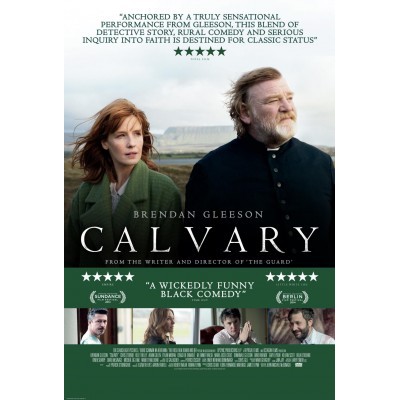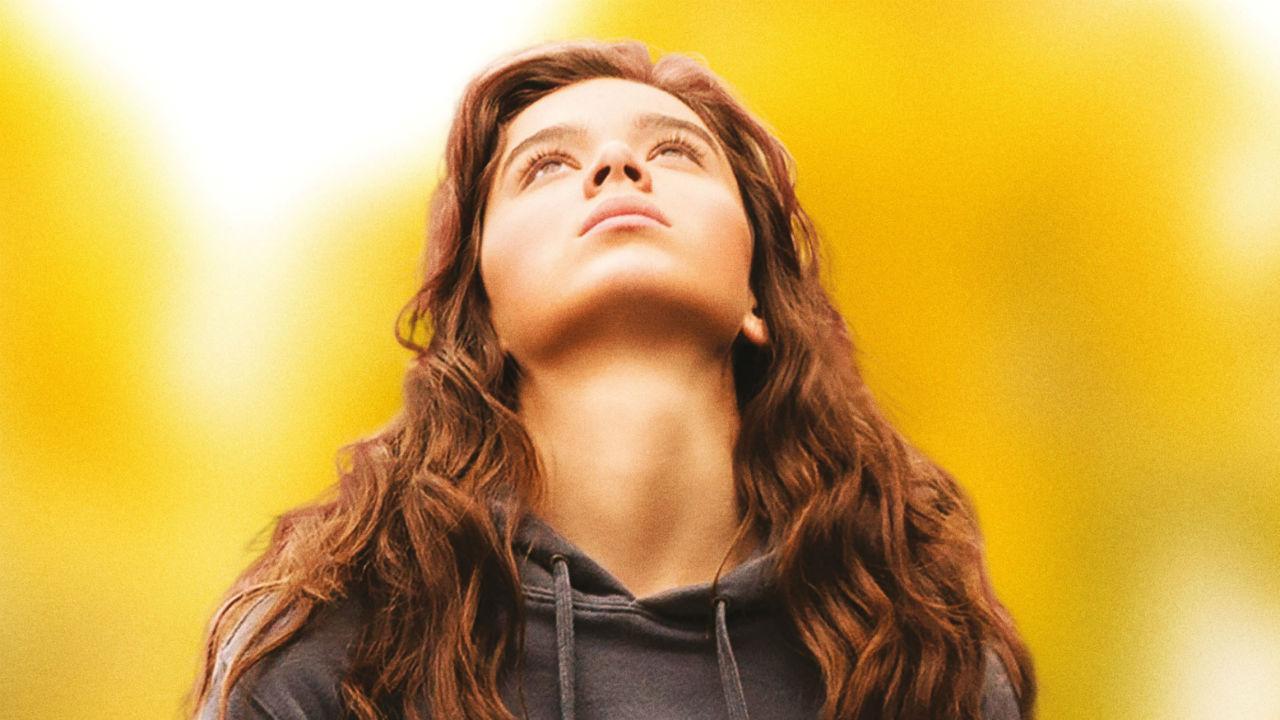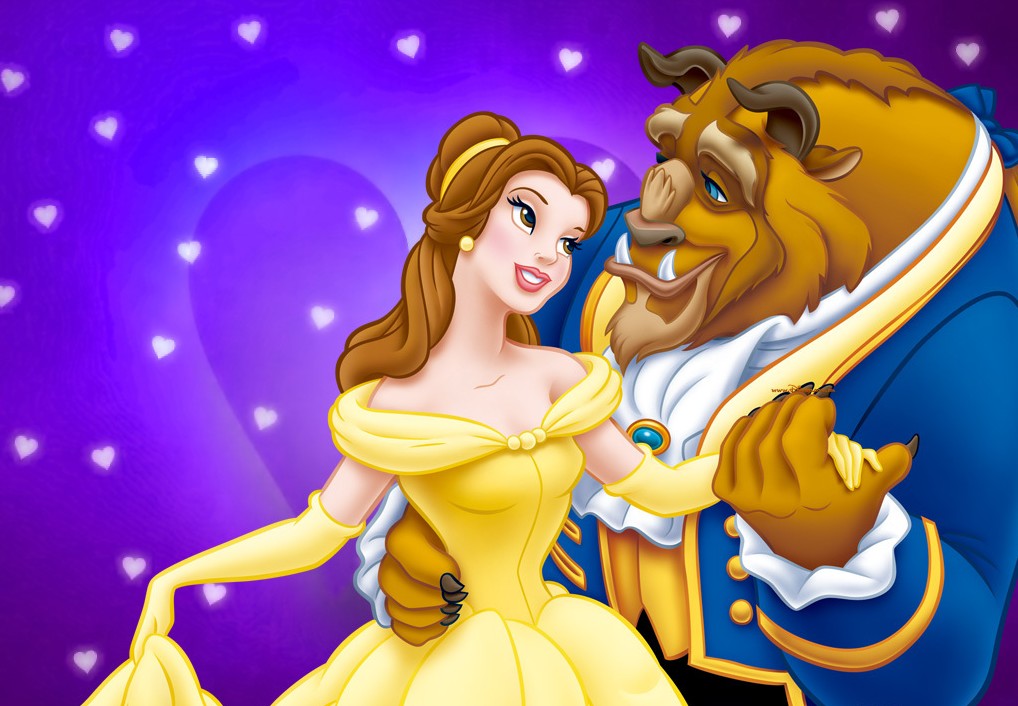
INDIE SPOTLIGHT: CALVARY
Cinema Siren says Actor Gleeson and director McDonagh Make this Catholic tale Universal
Calvary, as written and directed by John Michael McDonagh, with its bizarre humor, juxtaposed bleakness and cynical optimism, its depth and authenticity, is a film of such immense and quirky beauty that it is destined to be a
cult favorite, although it surely deserves greater mainstream attention and appreciation. In terms of cinematic architecture, it is more a small and beautiful stone chapel nestled in rolling hills than a mammoth cathedral flamboyantly structured.
Father James (Brendan Gleeson) is a quietly charismatic priest in an Irish coastal village who stoically holds himself apart from judgement as he shepherds his decidedly wayward flock. At nearly our first glimpse of him is he is informed in the confessional by a victim of sexual abused that he will be killed by him the following Sunday. This, the father is told, is to balance out the betrayal of his long dead abuser, who was also a priest. He believes Father James to be a good man, and in killing a guiltless man he believes he will make more of a stir. Father James takes the week to consider the lives of his flock and those that matter in his life. From his glass-fragile daughter Fiona (Kelly Reilly), to the abusive butcher Jack (Chris O’Dowd) and his philandering wife Fiona, (Orla O’Rourke) who is considered the town floozy, her creepy sometime-lover Simon (Isaach De Bankole), the unfulfilled and abrasive millionaire (Dylan Moran), and other unhappy souls to him attempts to administer spiritual aid, he continues to guide by example. There is also a fellow priest (David Wilmot) whose tenuous tether to his faith is string thin.
Calvary offers the formidable Brendan Gleeson the sort of starring role that allows him to show as father James he is as agile with nuance and subtlety as he is with the bluster of some of his well known supporting roles. While there is a strong supporting cast of fascinating characters, it is his to carry the film, and it lives and breathes through him. So successful is he in this portrayal, that he has already won Best Actor from the Irish Film and Television Awards. He should at least be nominated for a BAFTA, if not win for this role. As his diehard fans will tell you, it is ever his time.
The movie is named after the mount on which it is said the Christian savior Jesus was crucified. It is so named clearly in part because the film carries themes of sacrifice, redemption, and personal responsibility. In Christian communities, members are meant to ask themselves what it means to be Christlike, and it is a trait devoutly to be wished. Certainly Gleeson’s Father James knows enough of sadness and loss to be offer an empathetic shoulder, but he also seems to be willing to see a larger picture. We all live in a world full of archetypes where we strain against expectation. Can we break out of the traps we build ourselves over time, whether from bad choices, or apathy, or anger through victimization and loss? These big questions are what priests and all spiritual leaders are expected to deal with for those they shepherd on a daily basis. Personal sacrifice is inherent in being willing to deal with those questions. It’s as if writer/director McDonagh is saying, “Yes, there are some very rotten people out there who abuse their spiritual power and spread their rot, but there are also those who strive to raise those around them to their highest good.” The real question is, can those spiritual leaders survive that task?
Calvary is made up of tiny moments that come together to capture truths across the spectrum of human interaction. This release creates further distance from the long tradition of using cliched Irish stereotypes in film. Using a diverse collection of complicated characters that are not as they appear, McDonagh continues the momentum of recent screenwriters and directors using those expectations to advantage by ultimately subverting them.
it is in McDonagh’s choice to take a subject or issue of such enormity as sexual abuse within the priesthood of the Catholic church and remove all the convoluted politics, religiosity and supposed grandeur, bringing it down to individual human experience, with all its small complications, choices and interactions, that gives this film such incredible power. The real grandeur is in the lush beauty of the Irish coastline that is an everyday part of the villagers lives, as if the land and the earth is the real deity to be praised and respected.
Calvary a movie where as a critic i think, “how in god’s name can people not appreciate or see the balance of bluntly cynical and lyrical transcendent writing, knowing the delicate subject matter which almost anyone else would have crushed underfoot from the weight of their own experience or perspective?” Granted, I have the added understanding that twelve years a slave to parochial schooling with the Sisters of Notre Dame might bring. I and my heather grey plaid uniform can all but guarantee this film has a level of authenticity. During the time our family lived in Ireland, our local priest was a stoic sort who clearly knew far more than he let on, and had a kind way of showing by example even as he downed drinks with the locals down at the pub.
This is not a Catholic story in the sense of the religion. It is a catholic story in the true sense of the word, which actually means “all embracing”. It is universal. Showing unconditional love and forgiveness, those are the keys to living this life with dignity, regardless of where you come from or where it takes you. That is what this movie is about. It is a film I don’t necessarily want to watch over and over, although longterm I might decide otherwise. In any case, for now, I will immediately become defensive with those who don’t see its value. If even a handful of other people feel protective of it in the same way, it will benefit from the colossal groundswell great word of mouth can bring. If that happens from this review, I’ve done my job.
5 out of 5 stars





